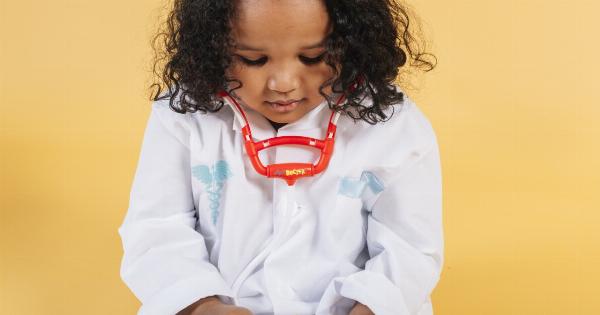Pediatric gastroenteritis is a common illness among children. It is characterized by inflammation of the digestive tract caused by a viral or bacterial infection, leading to diarrhea, vomiting, and dehydration.
The illness can be mild or severe and may require hospitalization. Treatment involves oral rehydration therapy, which replaces lost fluids and electrolytes and can be achieved with oral rehydration solutions or fluids and foods that are easily digested, such as juice.
Here we discuss the role of juice in treating pediatric gastroenteritis.
What is juice?
Juice is a liquid extract from fruits or vegetables. It is rich in vitamins, minerals, and antioxidants that are essential for good health. Juice can be freshly squeezed or processed and may be sweetened or unsweetened.
Children love juice because of its flavor and sweetness, but excessive consumption of juice can lead to tooth decay, obesity, and other health problems.
Why is juice important in treating pediatric gastroenteritis?
Juice is an important part of oral rehydration therapy in treating pediatric gastroenteritis.
The main goal of oral rehydration therapy is to replace lost fluids and electrolytes to prevent dehydration, which is a serious complication of pediatric gastroenteritis. When children have diarrhea and vomiting, they lose a lot of fluids and electrolytes, which can lead to dehydration. Juice is an effective fluid replacement because it contains water, sugar, and electrolytes.
It also has a pleasant taste, which can make it more appealing for children to drink.
What types of juice are recommended for treating pediatric gastroenteritis?
When treating pediatric gastroenteritis, it is important to choose juices that are easily digested and contain the right balance of electrolytes and sugar.
The American Academy of Pediatrics recommends using apple, grape, or pear juice diluted with an equal amount of water. These juices are low in osmolarity, which means they are less concentrated than the body’s fluids and can be easily absorbed into the body.
They also contain the right balance of electrolytes and sugar to help replace lost fluids and prevent dehydration. However, it is important not to give children too much juice, as this can lead to further diarrhea and worsen dehydration.
When should juice be used in treating pediatric gastroenteritis?
Juice should be used as part of oral rehydration therapy in treating pediatric gastroenteritis. It can be given to children who are able to tolerate oral fluids and have mild to moderate dehydration.
Children who are severely dehydrated may require intravenous fluids and hospitalization. It is important to consult with a healthcare provider before starting oral rehydration therapy or giving juice to children with gastroenteritis.
How much juice should be given to children with gastroenteritis?
When using juice to treat pediatric gastroenteritis, it is important to give small, frequent sips rather than large amounts at once. This helps to prevent further diarrhea and dehydration.
The American Academy of Pediatrics recommends giving children one to two ounces of diluted juice every 10-15 minutes until they can tolerate larger amounts. Once they can tolerate larger amounts, they can be given up to four ounces of diluted juice every 30 minutes.
What are the risks of using juice to treat pediatric gastroenteritis?
While juice is an effective fluid replacement in treating pediatric gastroenteritis, there are some risks associated with its use. Giving too much juice can lead to further diarrhea and worsen dehydration.
It can also increase the risk of tooth decay, obesity, and other health problems. It is important to follow the recommendations of a healthcare provider when using juice to treat pediatric gastroenteritis.
Conclusion
Juice is an important part of oral rehydration therapy in treating pediatric gastroenteritis. It is an effective fluid replacement that can help prevent dehydration and replace lost electrolytes.
It is important to choose juices that are easily digested and contain the right balance of electrolytes and sugar. Consult with a healthcare provider before using juice to treat pediatric gastroenteritis and follow their recommendations for use.
Using juice in combination with other oral rehydration solutions can be an effective way to treat this common childhood illness.































